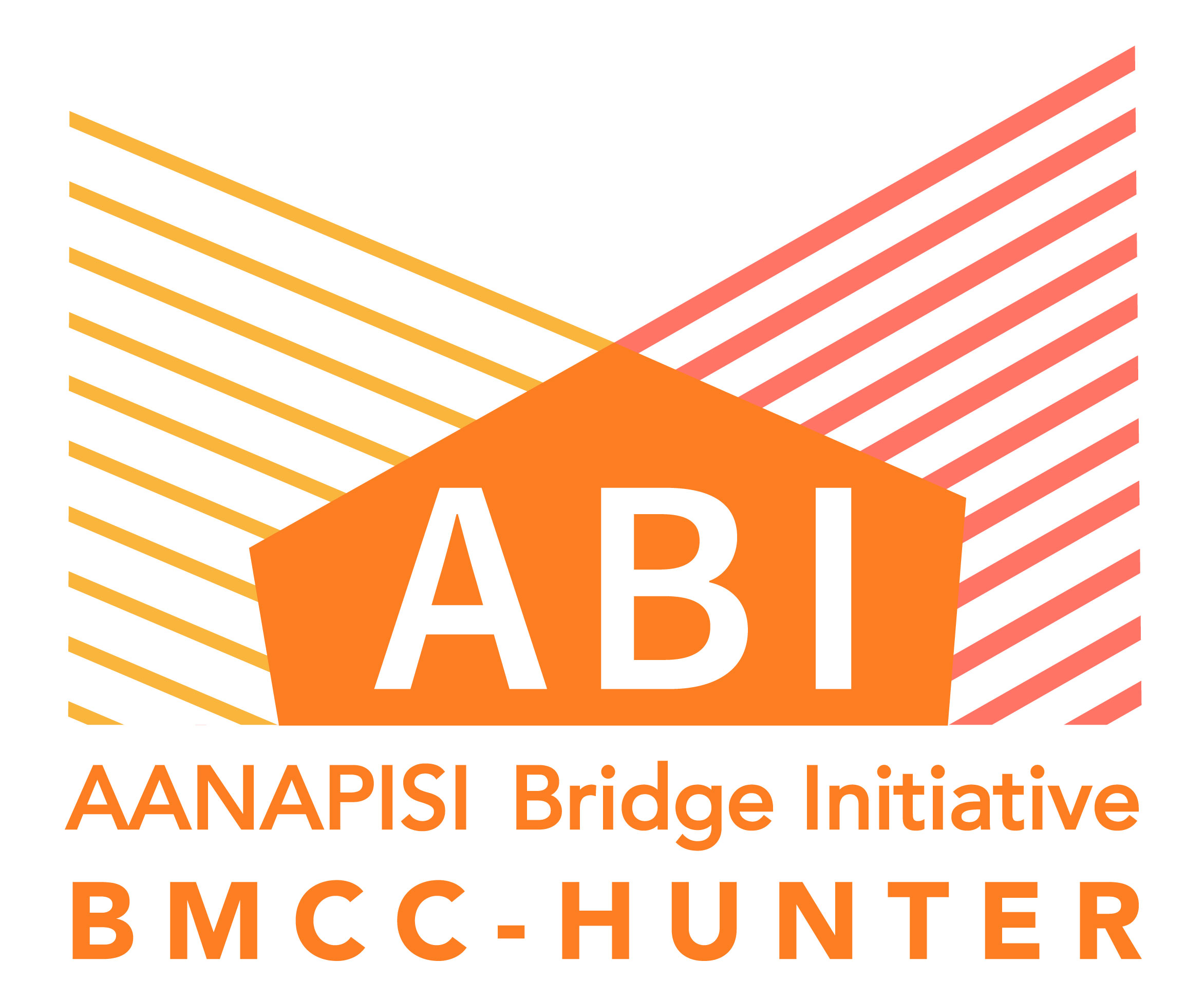Class information
TRNR 76300 – Russian-English Literary Translation
4, then 3 students
The course was devoted to the means of meaning, i.e., “the poetry of grammar” and “the grammar of poetry,” in literary translation from Russian into English. This year, the course focused in particular on the role and the reception of Russian culture and language in the world after the invasion of Ukraine by the Russian Federation. It is through practical work and honest debate that we tested Russian language and culture not only within but as importantly beyond Russia.
Project overview
The project consisted in my students’ working with poems related to Russia’s war against Ukraine or that, plus written in a mix of Russian and Ukrainian. The poems came from the Kopilka [piggybank] project; here is a Guardian article about it. My students have been granted access to this very sensitive information.
This project was compelled by Russia’s war against Ukraine and the destabilization of all the other states that were once part of the Soviet Union and before then, the Russian Empire.
A thought-provoking contradiction drove this project. The lack of a common frame of reference too often prevents the students from having an informed discussion due to their knowledge of the world being scattered as is ours about the migration period after the collapse of the Roman Empire, their knowledge of the world being muddled as the confusio linguarum in the wake of Rome: the dialects of Latin struggling to reword the world before they got marshaled as national languages. That is why my students and I spend much time on working with the canon. However, the aspiration to overcome this disorienting diversity, but diversity nonetheless, in an attempt to accomplish great things in culture and building the state, has too often resulted not only in violence by the dominant culture but also the impoverishment thereof. My project’s aim was to give students a chance to embrace tradition while not being held prisoners of its homogenous identity. If gender roles are seen as a spectrum, why not apply the same logic to language? Where does Russian end and Ukrainian begin? Can we always tell? Do we want to?
Why did you select this project? How does it relate to identity and purpose?
My students come from former Soviet countries, including Russian, Ukraine, and Tadzhikistan. The war is, alas, part of their lives, as is the debate about Russian culture, which plays a crucial yet in each case different part in the lives of the students who took this course.
What advice do you have for other faculty who would like to implement a similar project?
While we all want to be as inclusive as possible, it is crucial that we always raise the most topical issues no matter whether potentially offensive or not; students are always grateful for this honesty, and, if guided the right way, will always see the difference between the subject matter, however triggering, and the tactful, respectful, and inclusive way of handling it.
Related materials
I have access to the Piggy Bank (Kopilka) project as one of the authors whose work appeared in it. The file is open only to certain people, in order to protect the authors, hence my not sharing it under “Materials Related to Your Project.”


